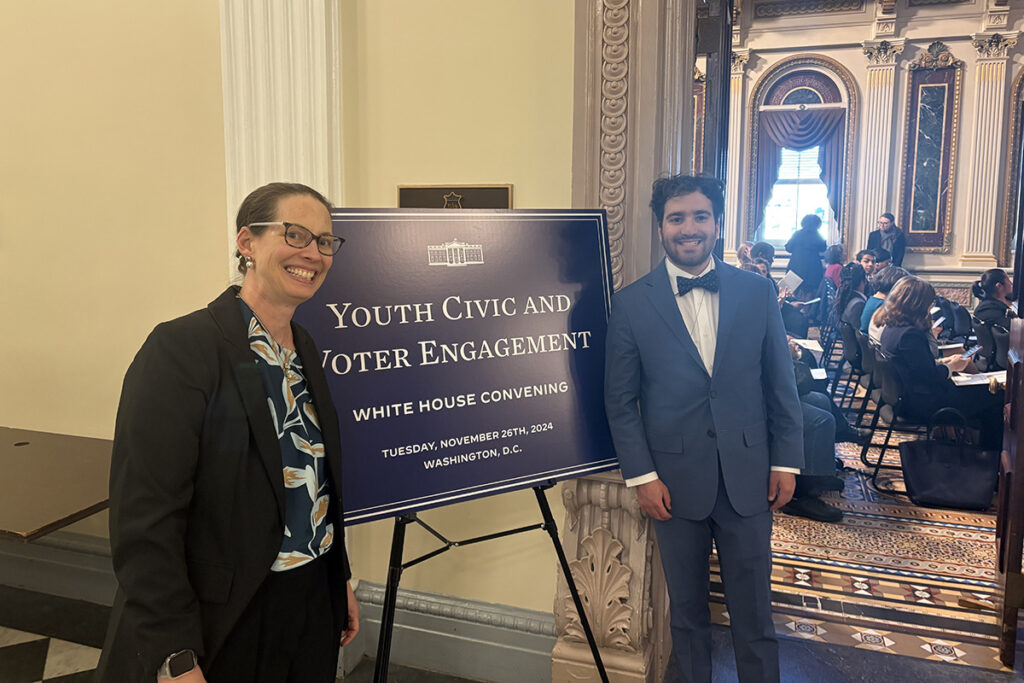This study asks: What are the consequences of contemporary efforts by colleges and universities to promote civic behaviors and citizenship practices on and beyond their campuses? Producing good citizens has been a mission of American higher education since the 1700s, but ideas about how to achieve that ideal have varied dramatically over time. Today’s civic initiatives embrace a mission that combines “engaged” learning and “global” citizenship. The political scale of these initiatives is community-based, while they are supported by national alliances such as (in the United States) the Carnegie Commission, Campus Compact, and other collaborations among industry and professional associations, foundations, and the federal government.
These higher education democracy initiatives are practically-oriented, research-informed projects that aim to subsidize participation in a world where bitter partisanship, stark inequalities, institutional failures, and public cynicism and distrust make collaborative engagement with diverse others a challenge. But even well-meaning remedies for perceived democratic deficits can have diverse effects on participation and may even reinforce inequalities. As in Do-It-Yourself Democracy, I have used a multi-method, multi-sited approach to study shared norms in the U.S. higher education field for the first phase of this project. Drawing on content analysis of archival data and participant observation of communities of practice at national conferences and association meetings, I have investigated the top-down coordination of contemporary democracy initiatives in higher education and the discourses and tools used by these actors to promote their projects.
Some of the questions this research asks include:
How do campus dialogue and civility initiatives influence perceptions of partisanship and political participation?
How does the attempt to redefine contemporary student activist movements as “civic engagement” for the purposes of campus initiatives shape the activism and resistance
that results?
What are the effects of efforts to track and assess civic engagement and political participation through the Carnegie Classification and other accountability and reward systems?
I have presented this research at a number of workshops and conferences, including a White House Convening on Youth Civic and Voter Engagement in November 2024.
Lee, Caroline W. 2024. “Leaning into Institutional Politics: Paradoxes of Success in Higher Education Civic Learning and Democratic Engagement Initiatives.” Pp. 49-64 in Leaning into Politics: Higher Education’s Role in Building the Democracy We Need, edited by Abraham Goldberg and Carah Ong Whaley. Information Age Press.
Lee, Caroline W. 2020 “Who is Community Engagement For? The Endless Loop of Democratic Transparency.” American Behavioral Scientist.

